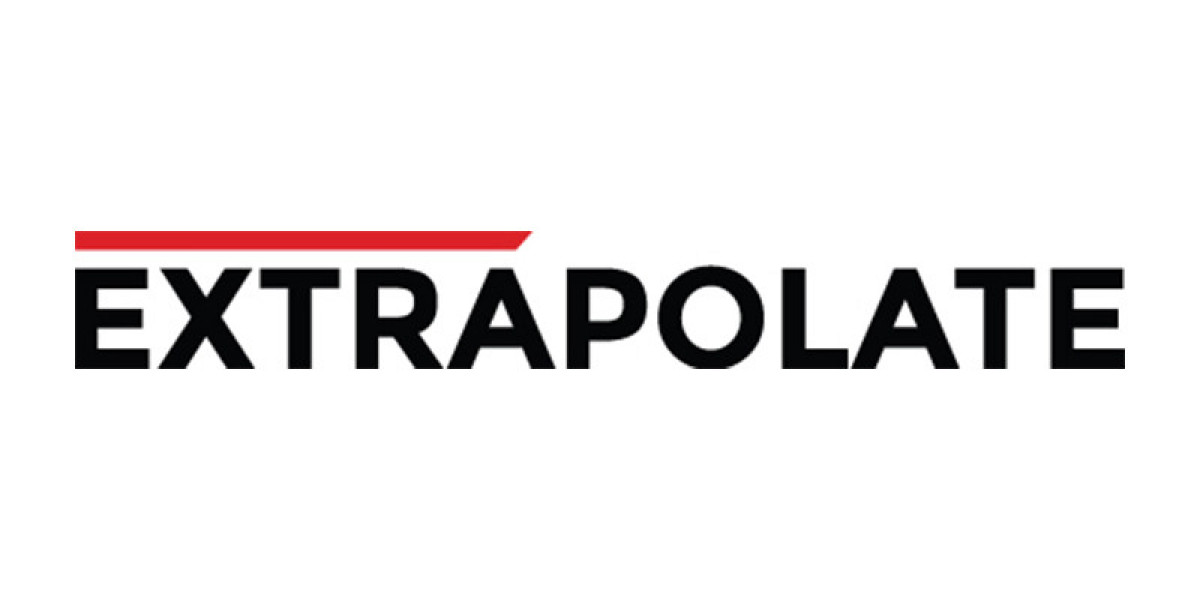Psyllium husk powder, derived from the outer husks of the Plantago ovata (also called isabgol) seeds, is gaining traction globally as a functional ingredient. It is prized for its high soluble fiber content, ability to aid digestive health, help with cholesterol management, weight control, and growing demand in nutraceuticals, dietary supplements, and functional foods.
Recent market studies show steady growth: for example, according to StraitsResearch, the global market size was valued at USD 294.37 million in 2024, projected to increase to about USD 426.28 million by 2033, growing at a CAGR of 4.2% over 2025-2033.
Regional Trends
Here are how different world regions are behaving / expected to behave in the psyllium husk powder market:
| Region | Key Insights & Numbers |
|---|---|
| Asia-Pacific (APAC) | Dominant region in both production and consumption in many reports. StraitsResearch indicates that APAC is the largest market and will continue leading through 2033, driven by countries like India, China, Japan, Vietnam, Indonesia. India in particular is a major exporter (accounts for 80% of global psyllium husk powder exports per StraitsResearch). The growth rate in APAC is estimated in various reports to be around 4.6% CAGR for certain periods. |
| North America | Fastest growing in some metrics. For example, StraitsResearch forecasts a CAGR 4.9% in North America in the 2025-2033 period. Also, Global Market Insights shows that North America’s market was USD 89.7 million in 2023 and is expected to reach USD 167.3 million by 2032. Drivers include high awareness of dietary supplements, well-established natural health / nutraceutical industries. |
| Europe | Growth is steady, particularly in organic and clean-label demand, driven by regulatory norms, consumer preferences for natural ingredients, digestive health, etc. Purity and certifications matter more here. Some reports note Europe growth similar or slightly below North America depending on segment. |
| Latin America, Middle East & Africa (MEA) | Growing, but from a lower base. Demand is increasing with health awareness, aging population, rising disposable incomes. Supply chain, regulatory and cost constraints tend to be more challenging. APAC still expected to lead, with Latin America & MEA catching up in certain niche / premium and organic segments |
Segments (Nature, Application, Distribution)
Most reports segment the market along lines such as Nature (organic vs conventional vs blended), Application (food & beverages; pharmaceutical & dietary supplements; animal feed; cosmetics, etc.), Distribution / Sales channel (online vs offline / store-based), Product Type/Form (whole husk, powder, etc.).
Here are the latest insights:
Nature:
Conventional psyllium husk powder currently holds a large share because of lower cost, higher availability. For example, Global Market Insights reports conventional type value about USD 185.4 million in 2023, to rise significantly by 2032.
Organic segment is growing faster (higher CAGR) due to consumer preference for chemical-free, clean label, natural sourcing, sustainability. StraitsResearch also emphasizes organic segment as having largest share by nature in some metrics.
Application:
Pharmaceutical & Dietary Supplements is often the leading application segment. In one report, it accounts for 45.46% in 2023 and expected to go to 46.3% by 2032.
Food & Beverages also significant: used in bakery, beverages, snacks, gluten-free products, etc., not only for fiber content but also for functional properties (thickening, binding, moisture retention).
Animal feed, cosmetics / personal care are smaller but growing niches.
Distribution / Sales Channel:
Online sales: increasingly important. Convenience, reach, variety, and better pricing attract consumers. Some forecasts show online dominating certain categories of distribution channels especially in developed regions.
Offline / store-based / specialty health stores / supermarkets remain important especially for trust, local availability, immediate purchase.
Product Type / Form:
Powder form is generally favored for versatility. Some reports show powdered husk capturing large share among product-type segments.
Whole husk remains; dust / industrial grade forms used for certain feed or industrial applications.
Top Players
Here are some leading companies (“AB”) in the psyllium husk powder / broader psyllium market, with a few notes:
JYOT Overseas Pvt. Ltd. A major producer/exporter, especially from India. Frequently cited among top players.
NOW Foods Well known in the dietary supplement segment; strong presence in developed markets.
Organic India Organic segment, Ayurveda heritage, good brand recognition.
Konsyl Pharmaceuticals Strong in pharmaceutical / supplement use cases.
Satnam Psyllium Industries; Shree Mahalaxmi Psyllium Pvt. Ltd.; Urvesh Psyllium Industries; Altrafine Gums; Keyur Industries; Atlas Industries; Abhyuday Industries These are among the more prominent producers in India and supplying both domestic and export markets.
Also, some global brands like Yerba Prima, Metamucil (Procter & Gamble) appear in some reports.
Get Your Sample Report Now:- https://straitsresearch.com/report/psyllium-husk-powder-market/request-sample
Market Drivers
What is pushing the growth of this market?
Health & Wellness Trend: Rising prevalence of lifestyle diseases (obesity, high cholesterol, digestive disorders like IBS) is pushing demand for dietary fiber, functional foods, natural remedies. People are more health aware.
Consumer preference for natural, organic, clean label: Growing demographic that prefers minimal processing, organic certification, non-GMO, etc.
Expanding use in nutraceuticals / supplements: As governments and regulatory bodies allow claims for fiber, cholesterol, gut health, etc., more products include psyllium.
Food & Beverage innovation: Incorporation into bakery, gluten-free products, beverages, breakfast cereals, etc., for its fiber, binding, texture and moisture retention properties.
Online & e-commerce growth: Easier access for consumers, ability to source specialty and organic products from different geographies.
Production base strengths in certain countries (India, etc.): Low cost of raw materials, large cultivation areas, export-oriented policy support these help supply side.
Get Your Sample Report Now:-
Challenges
What stands in the way, or what are constraints / risks?
Competition from substitute fiber sources: Chia seeds, flaxseed, oat bran, synthetic fibers etc. can compete on cost, taste, texture. Some consumers might prefer alternatives.
Price volatility / raw material supply: Since psyllium cultivation is regionally concentrated (e.g., India), weather, pest issues, agricultural input costs can cause supply issues and price fluctuations.
Regulatory and labeling standards: Especially in Europe and North America, regulations around health claims, purity, organic certification, contaminants (e.g., heavy metals, pesticide residues) can be strict, increasing compliance costs.
Consumer awareness / acceptance: Some consumers are unaware of the benefits; for others, taste, texture, or requiring water may reduce usage. Also potential for allergic reactions in sensitive individuals.
Distribution challenges in emerging markets: Infrastructure, cold-chain or storage, logistics, packaging, etc.
FAQs
Q1. What is the current size of the global psyllium husk powder market, and what are forecasts?
A: According to StraitsResearch, size was USD 294.37 million in 2024, projected to grow to USD 426.28 million by 2033 with CAGR 4.2%. Global Market Insights gives a slightly different base (USD 283.3 million in 2023) and forecast to USD 458.37 million by 2032.
Q2. Which region holds the largest share, and which one is fastest growing?
A: Asia-Pacific holds the largest share, driven by production and consumption (India being central among producers/exporters). North America shows one of the fastest growth rates, particularly in dietary supplement / clean-label spaces.
Q3. Which applications are most significant?
A: Pharmaceutical & dietary supplements dominate; food & beverage is also large. Smaller but growing are cosmetics, animal feed.
Q4. What kinds of nature / type segments are important?
A: Organic vs conventional (and sometimes blended). Conventional still dominant in volume; organic growing faster. Also classifying by purity, by form (powder, whole husk).
Q5. Who are the key players in this market?
A: Key players include JYOT Overseas Pvt. Ltd., NOW Foods, Organic India, Konsyl Pharmaceuticals, Satnam Psyllium Industries, Shree Mahalaxmi Psyllium, Urvesh Psyllium Industries, Altrafine Gums, Keyur Industries, Abhyuday Industries etc.








